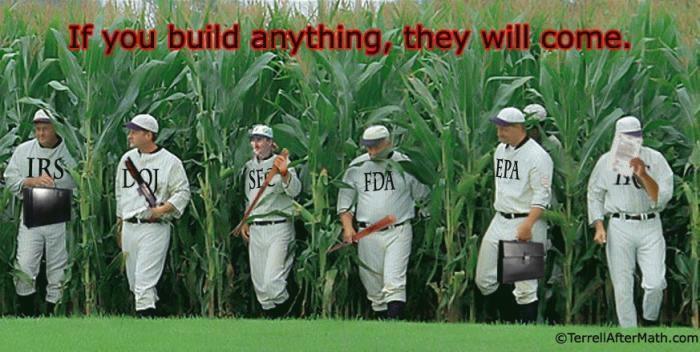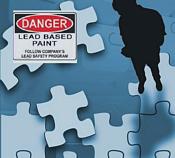Double Trouble for RRP Renovators: OSHA and EPA to Work Together
I just became aware of a recent Memorandum of Understanding between OSHA and EPA that outlines how the two separate government agencies will work together in Region One (the northeast). The memorandum clearly explains that the purpose of working together will be to “improve and optimize the combined efforts of the parties to achieve protection of workers, the public, and/or the environment at facilities subject to EPA and/or OSHA jurisdiction”. The memorandum was not dated, and although it had place holders for the date in the signature area, neither agency’s Regional Administrator signing the memorandum dated their signature.

The memorandum further explains the process and framework for notification, training, consultation, and coordination between them to more effectively support the two agencies’ enforcement programs. It specifically lists two special enforcement initiatives:
- OSHA’s Lead in Construction standard
- EPA’s Lead-Based Paint Renovation, Repair and Painting Rule
I found out about this memorandum at the Contractor Coaching Partnership Blog titled “Region 1 EPA and OSHA to work together on RRP/OSHA enforcement”. In the blog Mark Paskell highlights from the memorandum some of the ways OSHA and EPA will work together. Here is one highlight renovators will be sure to find sobering:
“EPA and OSHA may conduct joint inspections as appropriate to carry out the purposes of their respective statutory authorities. Such inspections may be coordinated in advance but may also be scheduled on an ad-hoc basis.”
 With spring only a short time away, contractors will soon be working outdoors again in the northeast. This will make the work they do and the work practices they use much more visible to OSHA and EPA. Consider yourself warned and get ready. In additional to the work practices required under RRP rules, there are plenty of OSHA regulations and requirements as well. If you don’t have written safety plans for the work your business performs, or if you have not provided the required safety training and equipment for your workers, you might become an easy target.
With spring only a short time away, contractors will soon be working outdoors again in the northeast. This will make the work they do and the work practices they use much more visible to OSHA and EPA. Consider yourself warned and get ready. In additional to the work practices required under RRP rules, there are plenty of OSHA regulations and requirements as well. If you don’t have written safety plans for the work your business performs, or if you have not provided the required safety training and equipment for your workers, you might become an easy target.
Whether guilty or not, know your rights as a business if you are visited. As a business, if written up by a government agency, you will be considered guilty until you prove your innocence, at your own expense. How you handle the visit can make a big difference. See this previous RRPedia post for guidance on how to handle a request for information should either OSHA or EPA drop by to collect information or send a request your way.

 Looking for accurate information about the EPA RRP rule?
Looking for accurate information about the EPA RRP rule? 


